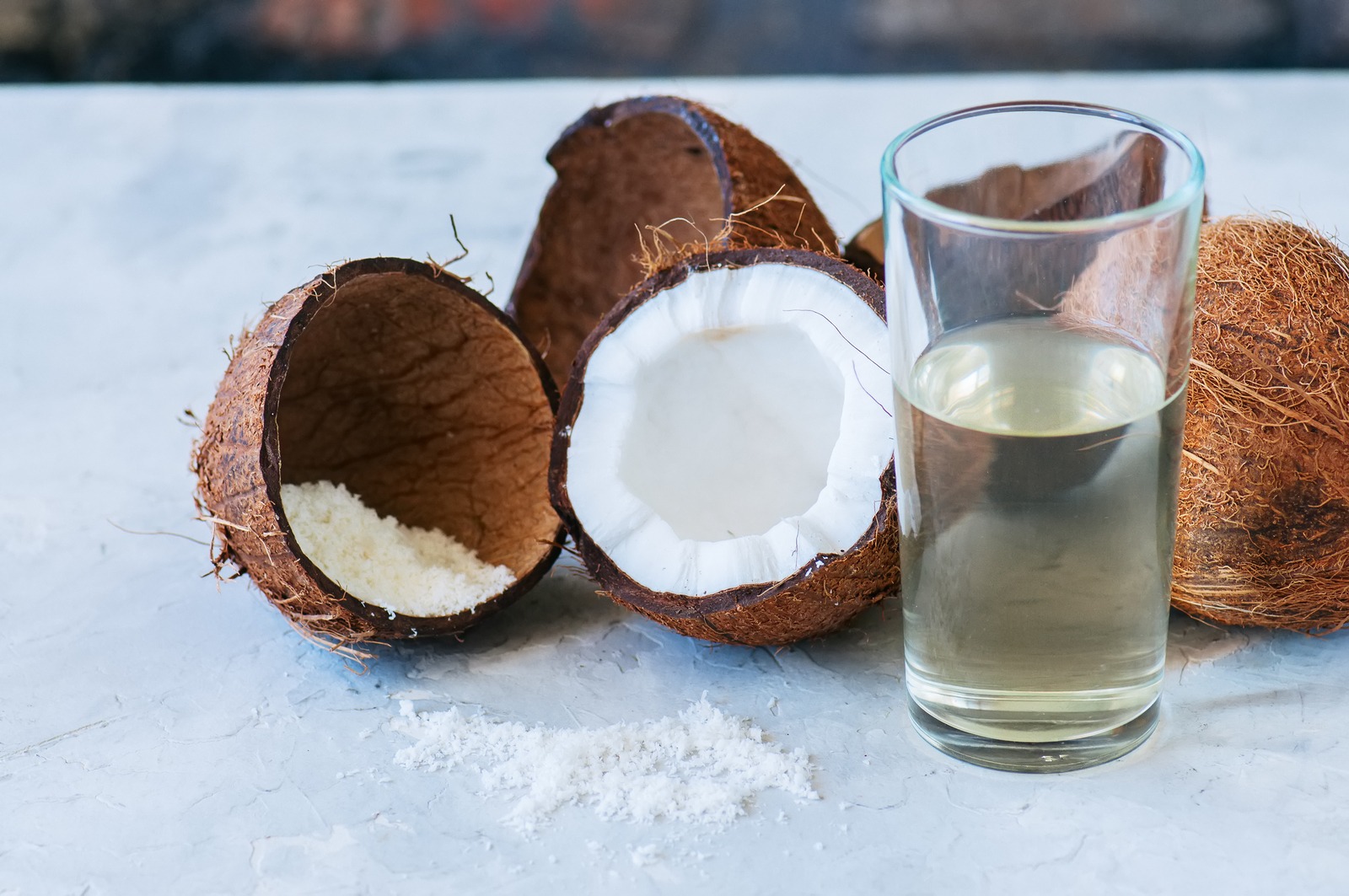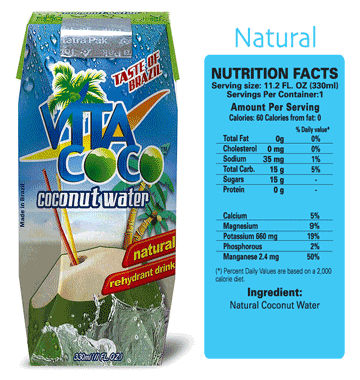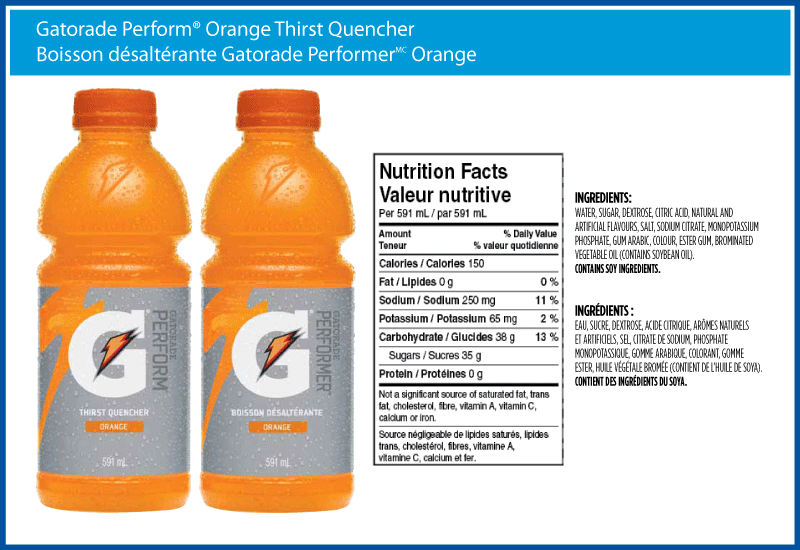Blog
The coconut water craze
What do many health-conscious celebs and sports stars drink to hydrate? Coconut water.
On-trend for several years, it has been called Mother Nature’s ‘Gatorade’. The drupe’s water contains an array of compounds that provide the touted health benefits we keep hearing about. This includes vitamins, minerals, and inorganic ions (that help replace excreted electrolytes), as well as various plant hormones, amino acids, and enzymes.1
In its purest form, coconut water is reasonably low in energy and 94% water, and continues as a fast-growing food category across the globe, with investments by Coca-Cola, PepsiCo, and Madonna and other celebrities (the latter who have poured a heap of cash into the brand, Vita Coco).
But is this just another attempt by the big companies to extract money out of us with the promise of ‘health’ and ‘hydration’… or is coconut water genuinely good for us?
Some coco facts
Coconut water is the clear liquid inside young coconuts – not to be confused with coconut milk (or oil), which is made from the grated flesh of mature coconuts.
Because the chemical profile of coconut water has similarities to blood plasma, it was used intravenously to save lives in the battlefields during World War II and the Vietnam War. It has also been used in developing countries as an emergency substitute for IV drips.2
Coconut water can vary in its nutritional composition, depending on how and where it is grown, and the maturity of the coconut itself.1
It’s important to note that although a large array of nutrients are found in coconut water, many of these are in low quantities relative to our daily requirements.
Hydration
Sports drinks have been the go-to for many when looking to replenish fluids and electrolytes following exercise. But these drinks are loaded with added and free sugars (see the graphics below!), and most of us do not exert enough over an extended period to justify such a drink.
Alternatively, while many athletes and active people now swear by coconut water, many health experts say that unless you drink bucket loads of it, this naturally sweet drink will not help with hydration anymore than old fashioned plain water.
Studies on coconut water’s hydrating and other health benefits are few and contain small numbers. The studies that do exist to date suggest that coconut water, either fresh or from concentrate, does not significantly improve hydration compared with water or electrolyte sports drinks, nor improve exercise performance when compared with plain water.3-7
If you are exercising less than an hour, water is enough to rehydrate. For more intensive and extended workouts, drink water to prevent dehydration and if you sweat excessively or are looking something other than plain water, but healthier than a sugar-loaded sports drinks, coconut water with a pinch of good quality salt (to replace some of the sodium and chloride lost in sweat) could be a better choice.
Also consider using real food to boost glycogen, fluid and electrolyte stores. If persisting beyond 90 minutes, you will need to refuel during the workout. In this case, or if you are a professional or endurance athlete, you should chat with your sports nutritionist or dietician to tailor a diet to optimise your performance and recovery.
If you are severely dehydrated, however, look to an oral rehydration solution.
Choose water first, and your coconut water wisely
Overall, water should always be your first beverage of choice. Plain water is far cheaper than coconut water (unless, of course, you have coconut palm in your backyard!) and for the most part (again, unless you have a coconut palm in your backyard), better for the environment when you consider harvesting, transportation, and packaging.
If you desire some coconut water, be sure to check the labels for added and free sugars, and other added ingredients, such as cane sugar or fruit juice. Choose plain and unsweetened, and if you want to jazz it up, infuse fresh herbs and slices of citrus for some subtle yet refreshing flavour!
References:
- Yong, J. W. H., Ge, L., Ng, Y. F. & Tan, S. N. (2009). The chemical composition and biological properties of coconut (Cocos nucifera L.) water. Molecules, 14(12), 5144–5164. http://doi.org/10.3390/molecules14125144
- Campbell-Falck, D., Thomas, T., Falck, T. M., Tutuo, N., & Clem, K. (2000). The intravenous use of coconut water. American Journal of Emergency Medicine, 18(1), 108–111, https://doi.org/10.1016/S0735-6757(00)90062-7
- Kalman, D.S., Feldman, S., Krieger, D.R. et al. (2012). Comparison of coconut water and a carbohydrate-electrolyte sport drink on measures of hydration and physical performance in exercise-trained men. Journal of the International Society of Sports Nutrition, 9(1). https://doi.org/10.1186/1550-2783-9-1
- Kuberski, T., Roberts, A., Linehan, B., Bryden, R. N., & Teburae, M. (1979). Coconut Water as a Rehydration Fluid. New Zealand Medical Journal, 90(641), 98–100.
- Saat, M., Singh, R., Sirisinghe, R., & Nawawi, M. (2002). Rehydration after Exercise with Fresh Young Coconut Water, Carbohydrate-Electrolyte Beverage and Plain Water, Journal of Physiological Anthropology and Applied Human Science, 21(2), 93-104, https://doi.org/10.2114/jpa.21.93
- Peart, D., Hensby, A., & Shaw, M. (2017). Coconut Water Does Not Improve Markers of Hydration During Sub-maximal Exercise and Performance in a Subsequent Time Trial Compared with Water Alone. International Journal of Sport Nutrition and Exercise Metabolism, 27(3), 279–284, https://doi.org/10.1123/ijsnem.2016-0121
Ismail, I. & Singh, R., & Sirisinghe, R. (2007). Rehydration with sodium-enriched coconut water after exercise-induced dehydration. The Southeast Asian Journal of Tropical Medicine and Public Health, 38(4), 769-85














